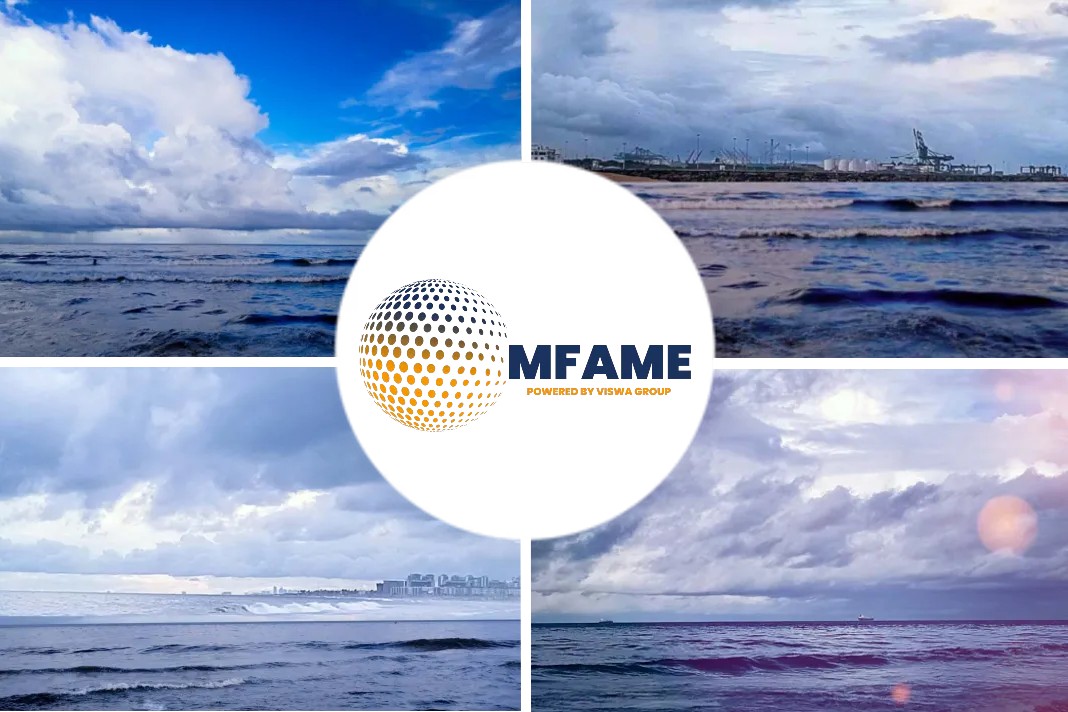In a major development, tanker rates to ship oil in very large crude carriers (VLCCs) are surging as oil traders hunt for ships to store cheap oil in as they take advantage of a 25 percent plunge in prices on Monday amid a price war between top oil producers Saudi Arabia and Russia, says an article published in Money Control
25% Increase in Shipping Rates?
Shipping rates from the Middle East to Asia, for instance, have risen by more than 25 percent since last Friday, while several traders are making enquiries to lease tankers to temporarily store oil offshore, traders and shipping sources told Reuters on Tuesday.
The cost of renting a VLCC, which can carry 2 million barrels of crude and can be used for floating storage, was assessed Tuesday at around $38,700 per day, compared with around $30,700 per day on Friday and $14,800 a month ago, ship broker sources said.
“Tanker offers are quite high today,” said a Singapore-based crude oil trader. “Now the contango market structure supports (oil storage), but ship owners are raising prices.”
Boon for Shipowners?
The rise in tanker chartering rates are a boon for shipowners who have seen demand walloped recently by the fast-spreading coronavirus outbreak which choked commodity and semi-finished goods imports into top consumer China.
- “We are seeing several deals being negotiated for short-term (6-12 months) charters, with one already concluded. The fall in oil prices has made floating storage more attractive, although the margins are still relatively thin,” energy ship broker and consultancy Poten & Partners said in a research note.
- A Pareto Securities shipping note to clients said “while actual fixing activity was rather limited yesterday, the ‘floating storage’ interest has boosted shipowners’ sentiment and rate ideas have thus been increased substantially.”
- Another shipbroker in Singapore said his firm had not secured any fixtures yet “but there a is huge expectation of firming of the spot market. It’s the older tonnage that will be more likely to be engaged for floating storage.”
Crude Price War Threatening Market?
Crude oil prices suffered their biggest daily rout since the 1991 Gulf War on Monday as top producers Saudi Arabia and Russia began a price war that threatens to overwhelm global oil markets with supply.
Several refiners are already looking to maximise imports of Middle Eastern purchase to take advantage of cheap crude after the Saudis slashed their official selling prices (OSPs) for April in an attempt to lure buyers.
“The VLCC rates are climbing up but it’s mainly sentiment driven right now … it’s mainly traders who are enquiring for storage,” a Singapore-based ship broker told Reuters.
The Worldscale index rate for shipping crude on a VLCC from the Middle East to North Asia rose to 54 points on Tuesday, from 49 points on Monday, according to trade and shipping sources.
Time charter equivalent rates for a 270,000 deadweight tonnes tanker on the Middle East to China route increased by 27 percent in one day on Monday, said Ralph Leszczynski, head of research at ship broker Banchero Costa in Singapore.
Why Sudden Demand for Storage?
The flip in the crude oil market’s forward curve to a contango – where deferred prices are above spot prices – has been a key factor spurring demand for storage.
In the Middle East benchmark Dubai crude oil market, the April/May Dubai inter-month spread widened to 77 cents a barrel as of noon on Tuesday, making oil storage profitable. Brent crude prices are in a similar structure.
Weak Prices Could Be Exploited
In addition to floating storage, countries like China and India could move to exploit the weak prices and increase imports for strategic reserves, boosting tanker demand, said Ralph Leszczynski, head of research at ship broker Banchero Costa in Singapore.
“China in particular was the first to suffer from the coronavirus outbreak, but now also seems to be the first to put it behind them. The situation seems increasingly under control,” he said.
Did you subscribe to our daily newsletter?
It’s Free! Click here to Subscribe!
Source: Money Control


























